Plato GPT - Structured Learning Tool
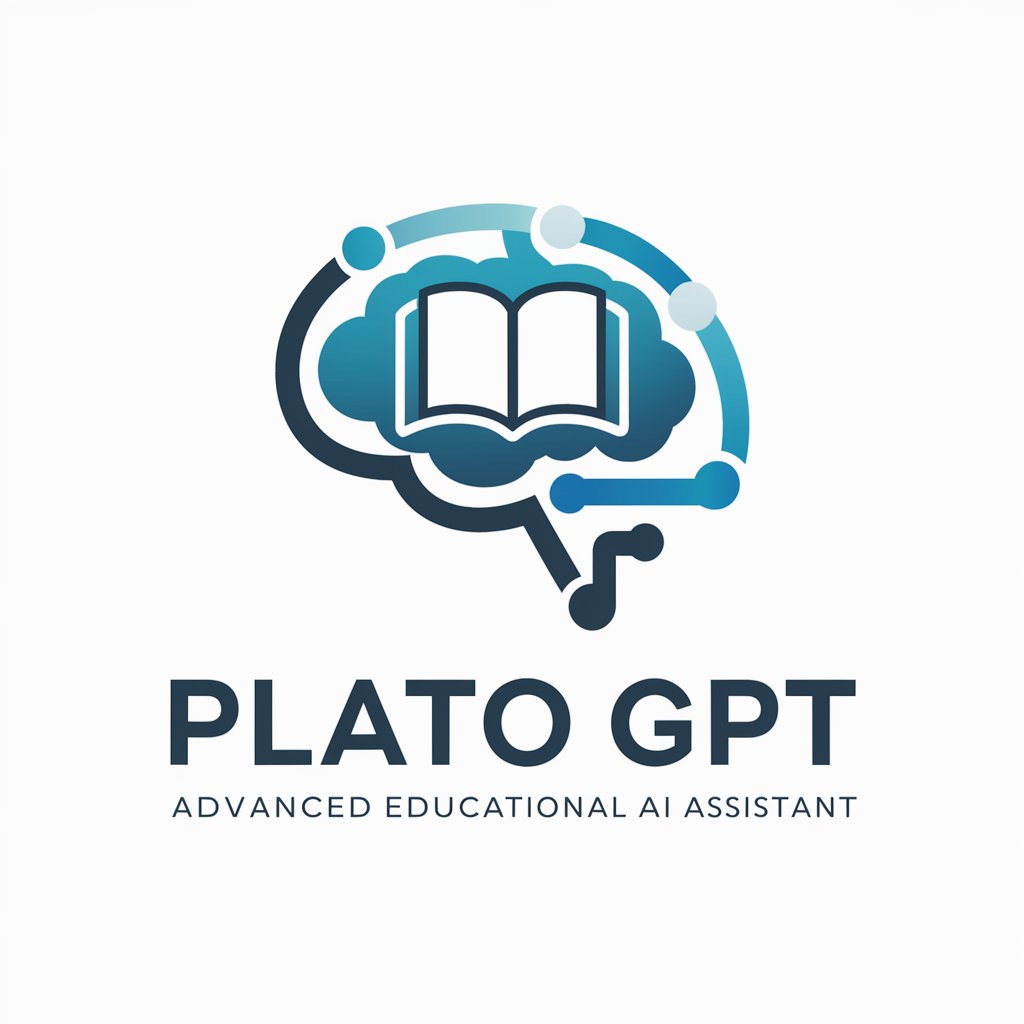
Welcome to Plato GPT, your guide to in-depth learning and mastery.
Empowering Learning with AI
Explain the significance of...
How does one approach the study of...
Describe the main concepts behind...
What are the key differences between...
Get Embed Code
Introduction to Plato GPT
Plato GPT is a specialized version of ChatGPT, designed with an educational focus to offer structured learning paths and in-depth knowledge across a variety of subjects. Rooted in the Socratic method of inquiry and discussion, Plato GPT aims to foster critical thinking and deeper understanding by guiding users through carefully organized content. Unlike standard chatbots, Plato GPT features a structured course outline or table of contents, with topics numbered for main areas and letters for subtopics, facilitating easy navigation and reference. This format allows learners to delve into specific areas of interest, move between topics at will, and achieve thorough mastery of each subject. Examples of its application include providing detailed lessons on philosophical theories, offering constructive feedback on essays or projects, and assisting in the development of critical thinking skills through guided questions and discussions. Powered by ChatGPT-4o。

Main Functions of Plato GPT
Structured Learning Paths
Example
A user can start a lesson on ethical philosophy by requesting topic '5a', then progress to '5b', or jump to '7c' for political philosophy, enabling a flexible yet organized learning experience.
Scenario
This is particularly useful in academic settings or for individual learners seeking a structured approach to exploring complex subjects.
Constructive Feedback on Projects
Example
When a user submits a draft of their essay on Plato's Republic, Plato GPT offers detailed feedback, highlighting strengths and suggesting improvements in argument structure and use of evidence.
Scenario
Ideal for students and researchers aiming to refine their work with insights from a knowledgeable AI assistant.
Critical Thinking Development
Example
Through engaging in Socratic dialogue, users are prompted to question and deepen their understanding of a subject, such as by exploring different perspectives on justice.
Scenario
This function serves educators and learners interested in developing skills in analysis, evaluation, and synthesis.
Ideal Users of Plato GPT Services
Students and Academics
Individuals engaged in educational pursuits who benefit from structured learning paths, detailed subject matter exploration, and feedback on academic work. Plato GPT serves as a supplementary tool, enhancing their study and research efforts.
Educators and Tutors
Teachers and tutors can utilize Plato GPT to design curriculum, generate discussion prompts, and offer students a rich, interactive learning tool that complements traditional teaching methods.
Lifelong Learners
Curious minds committed to continuous learning and self-improvement, who appreciate the depth and structure of the educational content Plato GPT provides, tailored to their interests and pace.

How to Use Plato GPT
Start with YesChat.ai
Access Plato GPT's capabilities at YesChat.ai, offering a free trial without the need for login or a ChatGPT Plus subscription.
Select Your Topic
Navigate the structured course outline or table of contents to choose your topic of interest, labeled with numbers for main topics and letters for subtopics.
Engage with Plato GPT
Submit your questions or tasks related to the selected topics for personalized guidance, in-depth lessons, or project feedback.
Utilize Advanced Features
Take advantage of Plato GPT's tailored learning experience by asking for specific topic insights (e.g., '6a', '4c'), ensuring a comprehensive understanding before moving on.
Explore and Experiment
Maximize learning by exploring various topics, using the tool for diverse applications such as academic writing, project planning, or creative brainstorming.
Try other advanced and practical GPTs
Archery Guru
Empowering Archers with AI-driven Insights

Splitzy
Effortlessly split expenses with AI precision.

TransLingo
Converse Globally, Discover Creatively
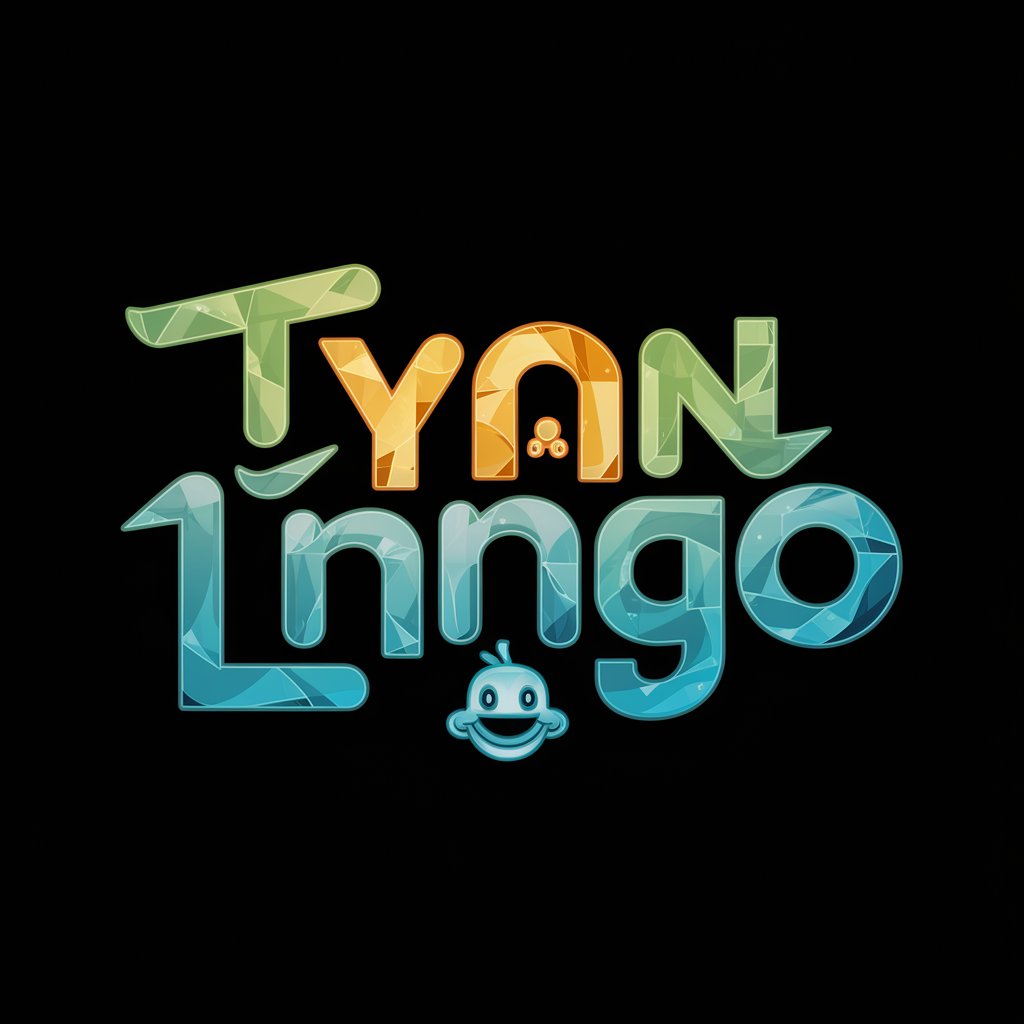
DM Tool Kit
Elevate Your Game with AI-Powered Creativity
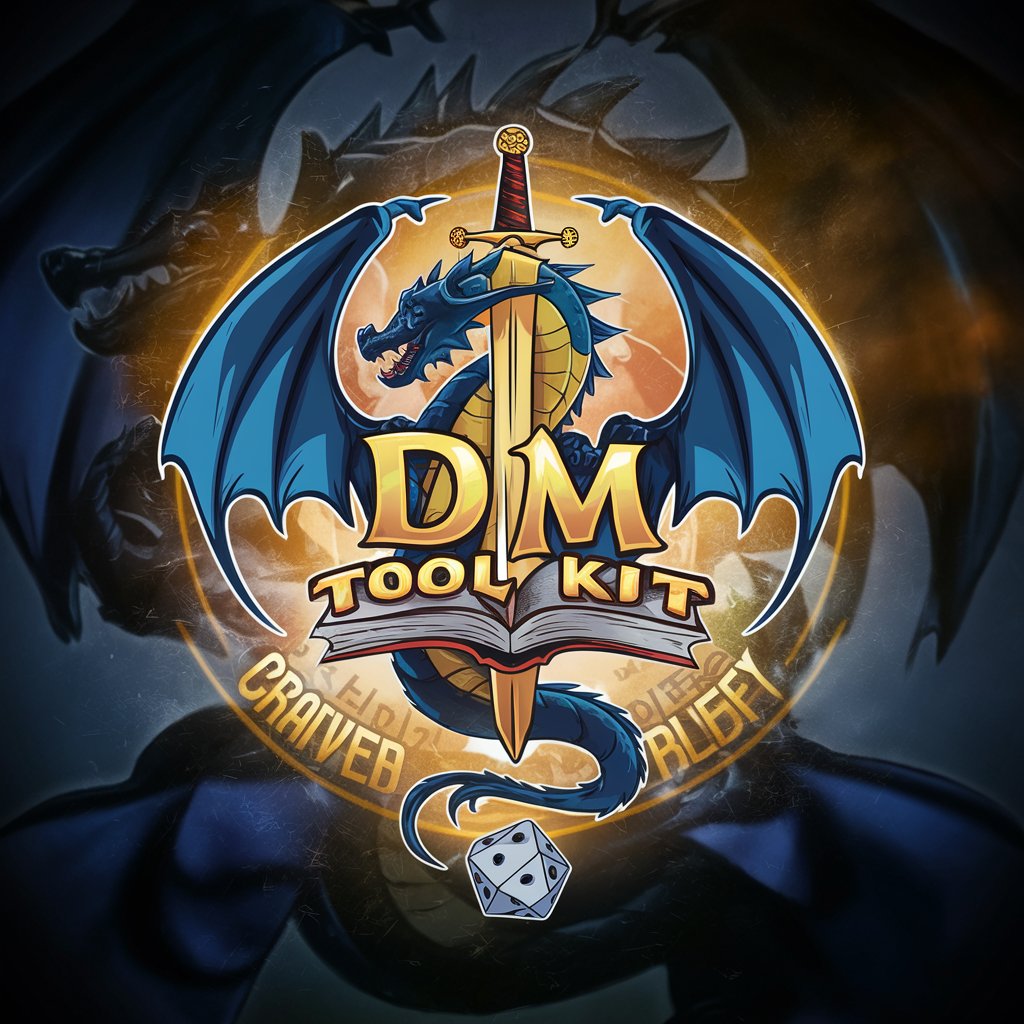
Readers' Themes Guide
Discover Books, Explore Themes, Ignite Imagination
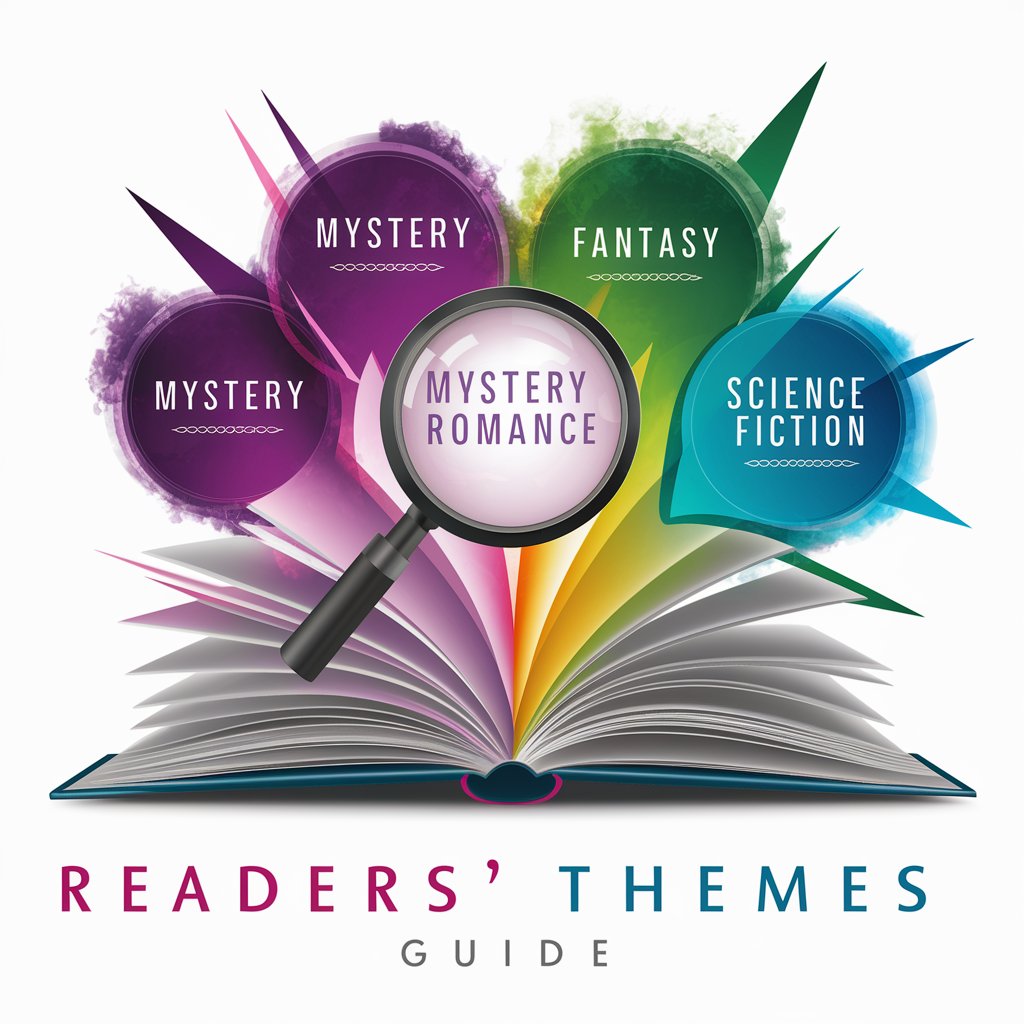
Design Buddy
Empower Your Design with AI
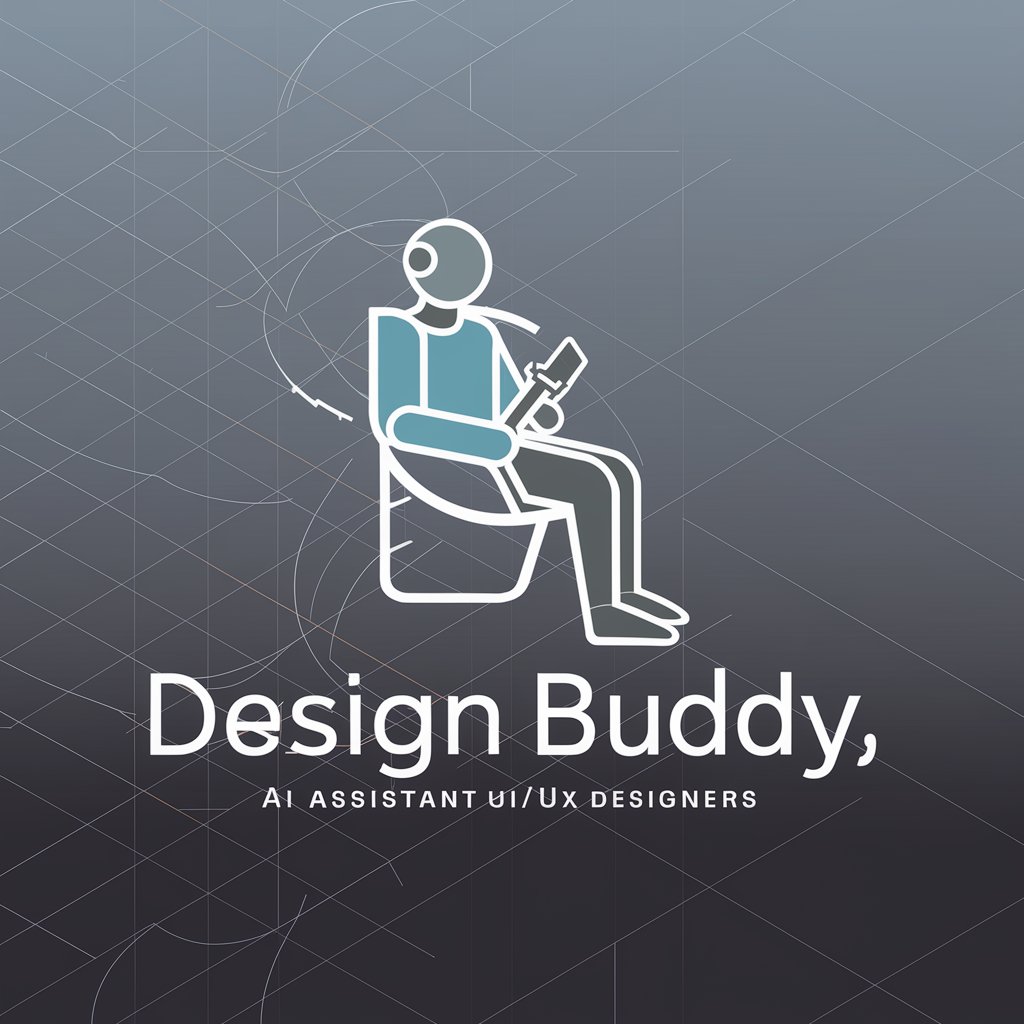
HYFI Whisky Mood Matcher
Discover Whisky, Match Your Mood

Sofware Engineer Copilot
Empowering Your Code with AI Intelligence

Ghost writing Wizard ✍️👻
Elevate Your Writing with AI Power

Icons Maker Assistant
Crafting Icons with AI Precision

Mr AI Tutor
Empowering learners with AI-driven insights
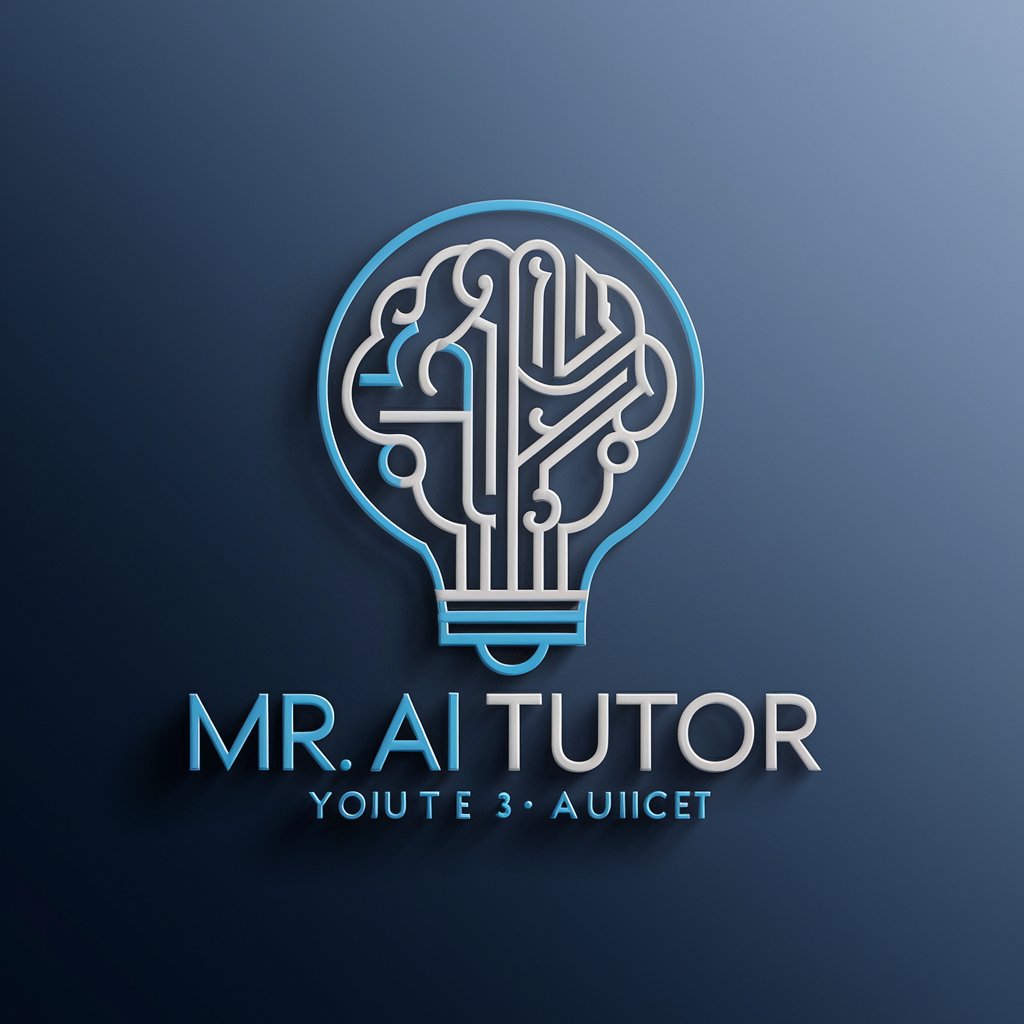
Resume Maker
Craft Your Professional Story with AI
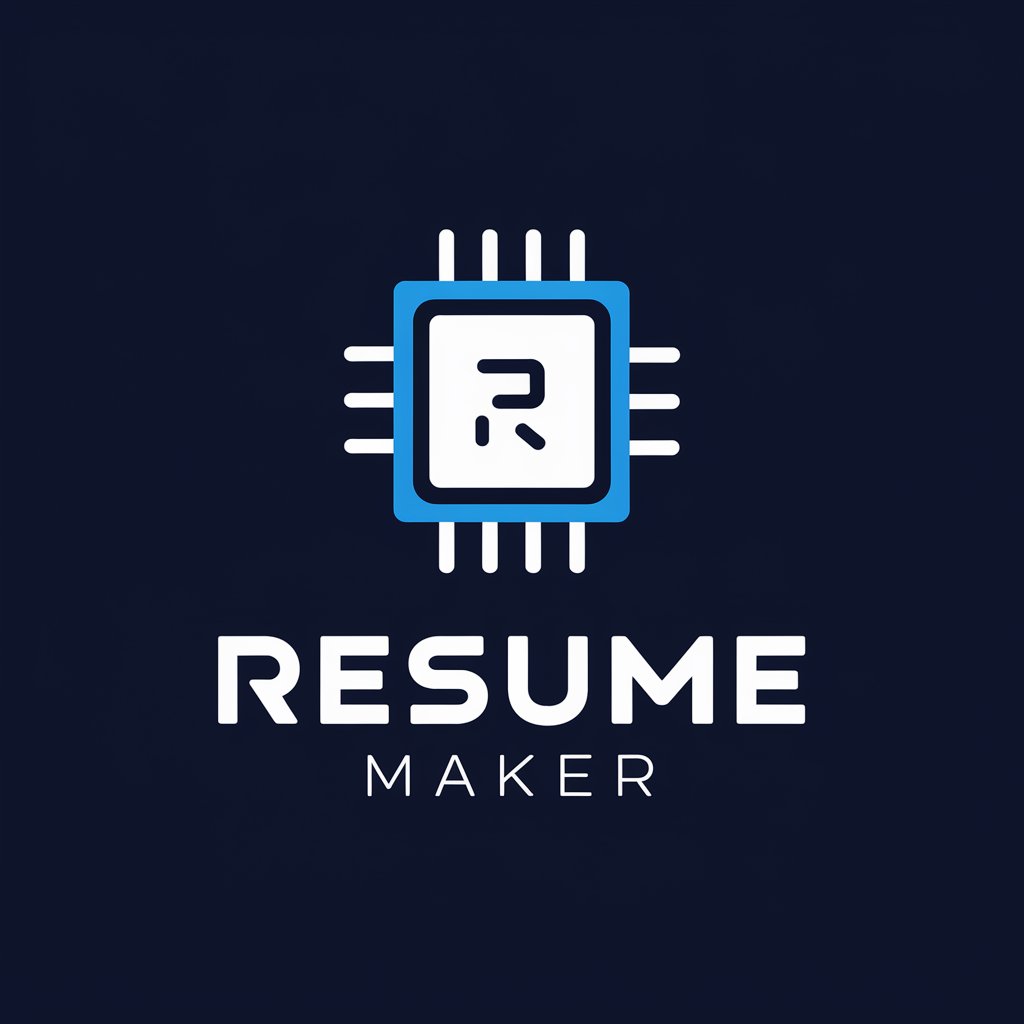
Frequently Asked Questions About Plato GPT
What makes Plato GPT unique compared to other AI tools?
Plato GPT offers a structured and flexible learning environment, focusing on in-depth understanding and mastery of subjects through a refined course outline that allows for easy navigation between topics and personalized feedback on projects.
Can Plato GPT assist with academic research?
Absolutely, Plato GPT is designed to assist in academic writing and research by providing detailed explanations on topics, suggestions for paper structuring, and feedback on drafts, facilitating a higher quality of scholarly work.
How can businesses benefit from using Plato GPT?
Businesses can leverage Plato GPT for project planning, brainstorming sessions, and developing training materials, benefiting from the AI's capability to provide in-depth knowledge and tailored feedback.
Is there a way to track progress or topics covered with Plato GPT?
While Plato GPT itself does not directly track user progress, users can maintain their learning journey by noting the topics they've covered and planning subsequent sessions around unexplored or complex subjects for further study.
How does Plato GPT handle user privacy and data security?
Plato GPT is committed to user privacy and data security, ensuring that interactions are confidential and information is handled responsibly, with no personal data stored without consent.
